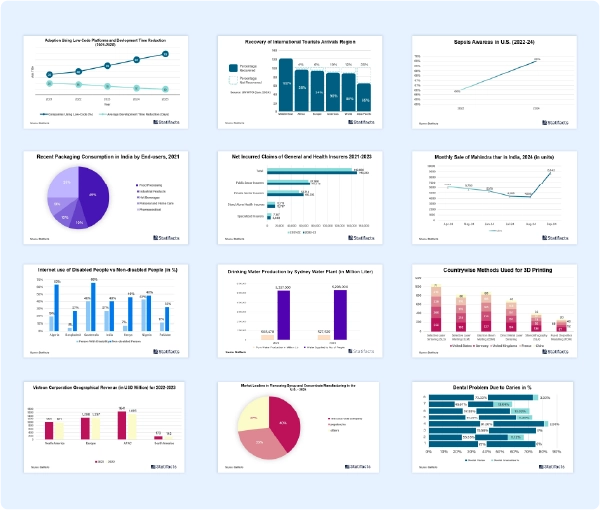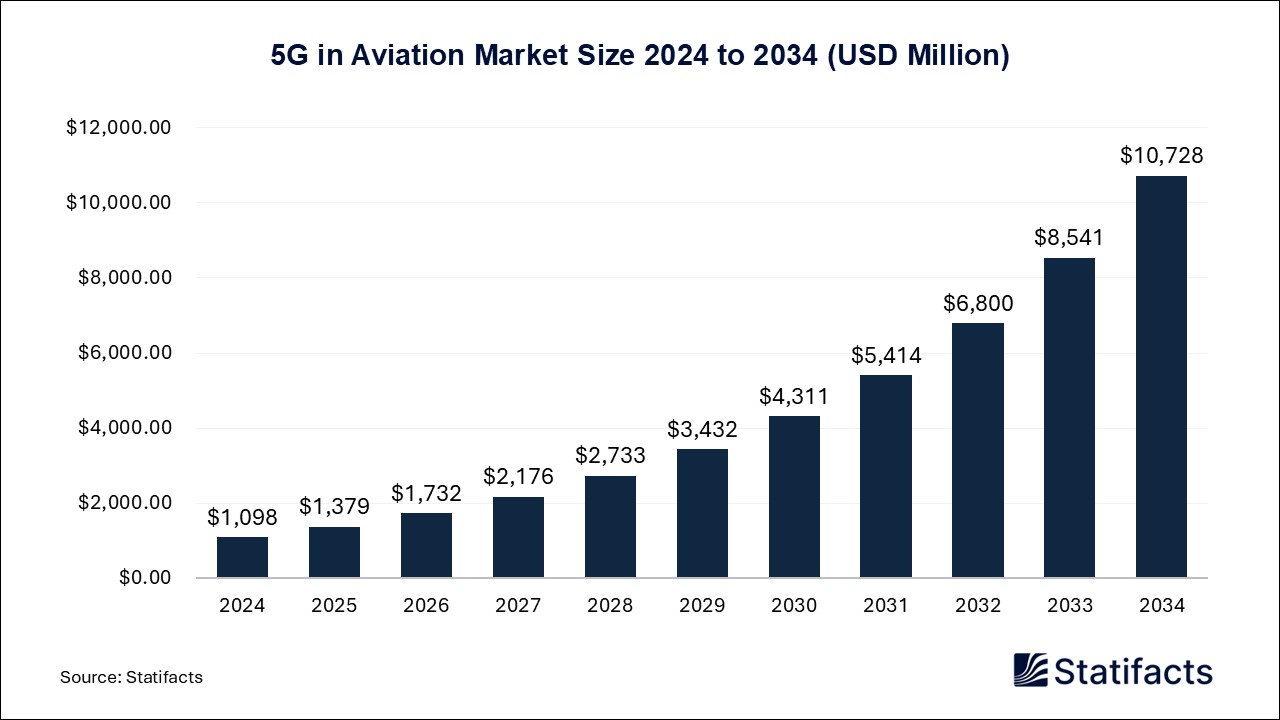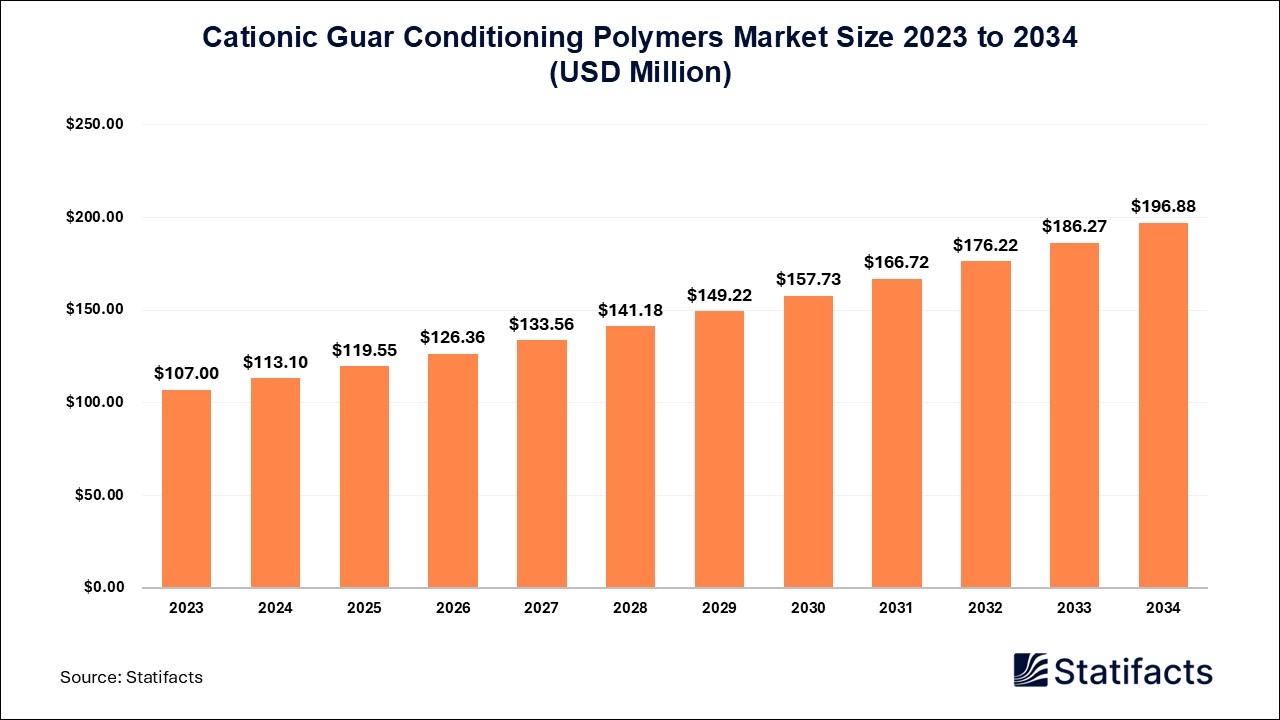

Our customers work more efficiently and benefit from
The U.S. biologics market size accounted for USD 192.41 billion in 2024 and is predicted to touch around USD 407.77 billion by 2034, growing at a CAGR of 7.8% from 2025 to 2034.
The U.S. biologics market is expanding due to several key factors. The increasing prevalence of chronic conditions, such as diabetes and cancer, as well as cardiovascular diseases caused by obesity in the United States, is driving demand for effective treatments. Technological advancements in biotechnology and manufacturing are leading to safer and more effective biological therapies. Additionally, the focus on targeted therapies allows for more precise treatments tailored to individual patient needs. Regulatory support by organizations such as the FDA and investments in research further contribute to this growth, positioning biologics as a vital part of modern healthcare.
Biologics are significantly changing the way various diseases are treated, impacting multiple therapeutic areas. In oncology, treatments like monoclonal antibodies and CAR-T cell therapies are essential for precisely targeting cancer cells, providing new hope for patients with both solid tumors and blood cancers. By focusing on specific markers found in cancer cells, these therapies improve treatment effectiveness while reducing harm to healthy tissues. In the field of immunological disorders, biologics are key in adjusting the immune system's response. They can either suppress an overactive immune system in autoimmune diseases or boost immune function when it is inadequate. This tailored approach leads to better patient outcomes and enhances overall quality of life.
One of the key factors driving the growth of the U.S. biologics market is the increasing prevalence of chronic diseases. The Centers for Disease Control and Prevention highlights that around 129 million people in the United States are diagnosed with at least one chronic condition, including diabetes, hypertension, rheumatoid arthritis, osteoporosis, obesity, and cancer. Notably, various types of cancers and rheumatoid arthritis are growing concerns affecting populations in North America. In response to the rising incidence of these diseases, many leaders in the industry are focusing on the development of biologics to create targeted therapies. This trend is expected to be a primary contributor to the expansion of the market.
The market is expanding thanks to advancements in biotechnology, including better protein engineering and manufacturing techniques. These innovations lead to more sophisticated therapies. However, biologics often have higher production costs and are harder to make than small-molecule drugs, resulting in higher prices. Despite these challenges, the demand for biologics is increasing as they offer effective and often life-changing treatments for many health issues.
The growth of the U.S. biologics market is largely driven by the increasing prevalence of genetic disorders. As these disorders stem from genetic anomalies, there is a rising demand for gene therapies. Such therapies have the potential to treat various diseases, including cancer, cystic fibrosis, heart disease, diabetes, hemophilia, and AIDS. For example, Zolgensma, approved by the FDA, is the first gene therapy for children under two with spinal muscular atrophy, a severe genetic condition.
Artificial intelligence (AI) is significantly enhancing the U.S. biologics market by streamlining research and development processes. It enables faster drug discovery through advanced data analysis, facilitates personalized medicine by analyzing patient data, and improves clinical trial designs by identifying optimal patient populations. Additionally, AI aids in quality control and production optimization, reducing costs and time to market. Overall, these advancements contribute to increased efficiency and innovation in biologics development.
Biologics, including monoclonal antibodies and cell-based therapies, have shown promising results in treating cancer and genetic diseases worldwide. For example, in April 2024, the FDA accepted AstraZeneca and Daiichi Sankyo's Biologics License Application for Datopotamab deruxtecan, intended for metastatic HR-positive, HER2-negative breast cancer, based on positive Phase III trial results. In response to such advancements, companies are forming strategic partnerships and investing heavily in biologics research. Notably, in March 2023, Teva invested $1 billion in the European biologics sector to enhance production technologies. These rising investments are expected to foster innovation and drive growth in the U.S. biologics market.
Published by Laxmi Narayan
For any questions about this dataset or to discuss customization options, please write to us at sales@statifacts.com
| Stats ID: | 7935 |
| Format: | Databook |
| Published: | February 2025 |
| Delivery: | Immediate |
| Price | US$ 1550 |

| Stats ID: | 7935 |
| Format: | Databook |
| Published: | February 2025 |
| Delivery: | Immediate |
| Price | US$ 1550 |

You will receive an email from our Business Development Manager. Please be sure to check your SPAM/JUNK folder too.

Unlock unlimited access to all exclusive market research reports, empowering your business.
Get industry insights at the most affordable plan
Stay ahead of the competition with comprehensive, actionable intelligence at your fingertips!
Learn More Download
Download

